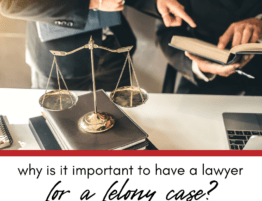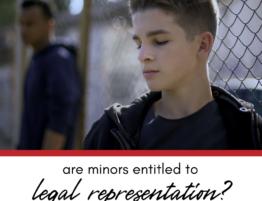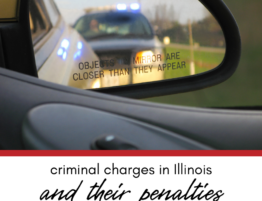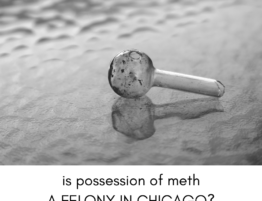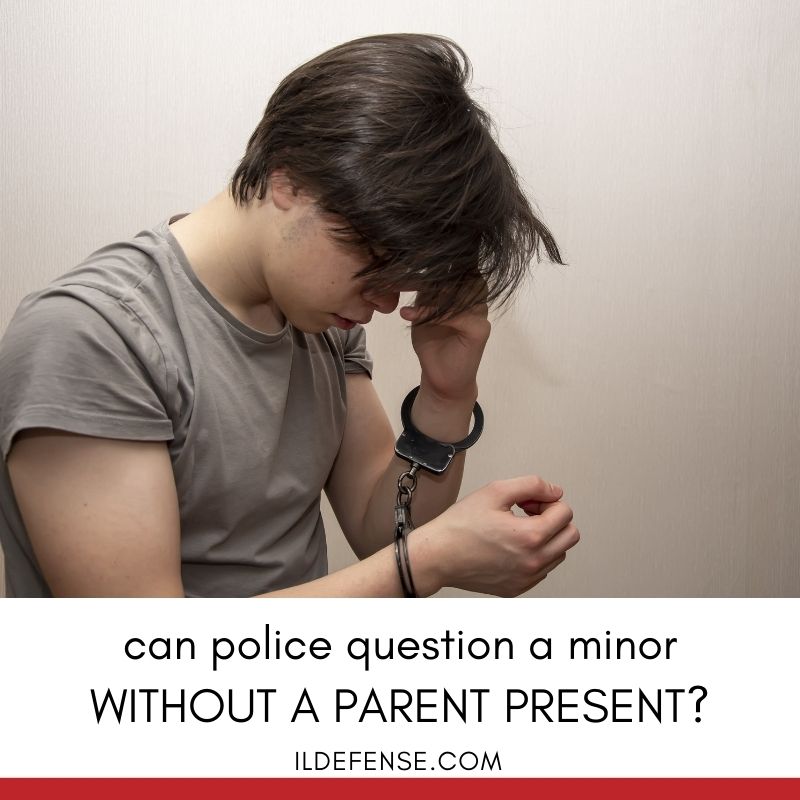
Are police allowed to interrogate kids? Here’s what you need to know about police questioning a minor in Illinois.
Can Police Question a Minor in Illinois?
In the state of Illinois, police can question a juvenile without a parent or legal guardian present. However, the police must make a reasonable attempt to get in touch with the child’s parent or legal guardian after an arrest.
If the police can’t reach the parents or guardians, they must bring in a youth officer – a police officer who is responsible for looking out for the child’s best interests. However, despite that responsibility, the youth officer may collect evidence against the child.
What About Waiting for Parents to Arrive?
Even after the police contact a juvenile’s parents, they may not wait to start questioning. In fact, police officers aren’t required to wait (and don’t even need to get permission) to question a juvenile.
Related: Is it legal for kids to drink at home in Illinois?
Don’t Kids Have Rights When Being Questioned by Police?
Juveniles do have rights after an arrest, just like adults do. However, because the law recognizes that children aren’t as mentally mature as adults are, they get a few added protections. For example, police cannot use deceptive practices to get a confession out of a juvenile (but they can with adults). If the police use deceptive practices, an attorney may be able to keep the minor’s confession out of court.
The deceptive practices rule doesn’t always apply, though. If any of the following are true, the juvenile’s confession can be used against them in court:
- The juvenile’s crime would be a felony if an adult committed it
- The officer is able to prove that they did not know they were using deceptive practices or what they were saying was false
- The officer can prove that the juvenile voluntarily confessed
Related: 3 reasons to call a juvenile defense lawyer now
Does a Juvenile Have the Right to an Attorney?
In the vast majority of cases, police don’t need to wait for an attorney to question a juvenile. However, they are required to read a statement and ask the child if they would like a lawyer present before they are allowed to start asking questions. (For this reason, we always advise that you tell your children not to talk to police without a lawyer present.)
There are two cases in which a juvenile cannot be questioned without an attorney present: if the juvenile is under the age of 15 and has been arrested for homicide or sexual assault, the police department must provide a lawyer. You are under no obligation to keep that attorney; you may bring in your own lawyer for your child.
Related: What parents need to know about juvenile criminal defense in Illinois
Do You Need to Talk to an Attorney?
If you’ve been accused of a crime, we may be able to help you – and don’t worry: It’s completely confidential. Call us at 847-920-4540 or fill out the form below to schedule your free, private consultation with an experienced and skilled Chicago criminal defense attorney now.
Contact Us
"*" indicates required fields

